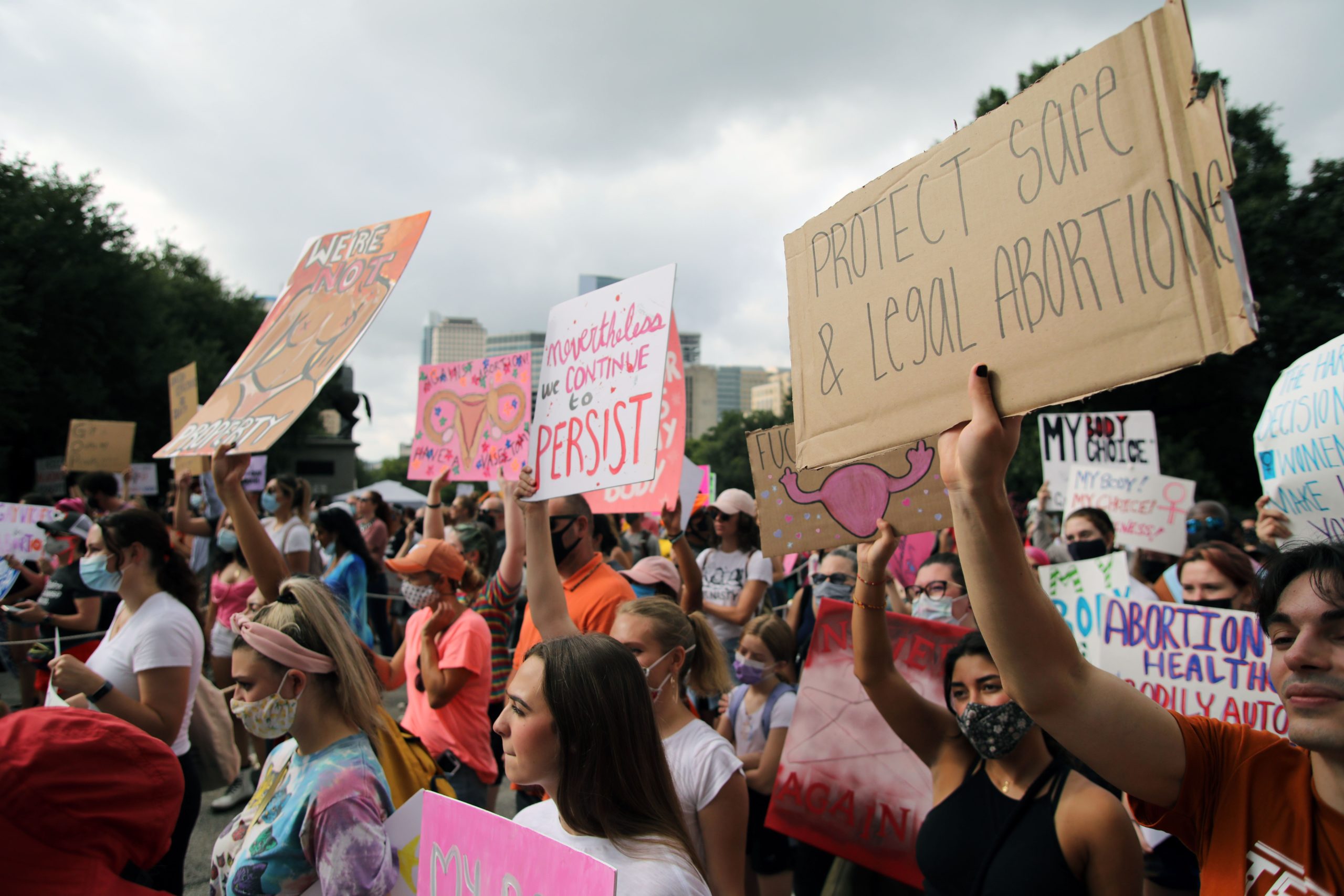Updated at 2:20 p.m. E.T.
The Supreme Court has ruled Friday to overturn Roe v. Wade, the landmark 1973 case that secured abortion rights in the United States for a half century.
The ruling, which was announced on the Supreme Court’s website at 10:10 a.m. E.T., declares “The Constitution does not confer a right to abortion; Roe and Casey [the 1992 case that upheld Roe] are overruled; and the authority to regulate abortion is returned to the people and their elected representatives.”
The decision was made with regards to a case brought against a Mississippi abortion law, which bans the procedure in almost all cases except medical emergencies after 15 weeks. Abortion provider Jackson Women’s Health Organization, challenged the law.
The court’s six conservative justices – Alito, Barrett, Gorsuch, Kavanaugh, Roberts, and Thomas – concurred with the opinion. Justices Breyer, Kagan, and Sotomayor filed dissenting opinions.
In the ruling, the majority justices concluded that the right to abortion “is not deeply rooted in the Nation’s history and tradition” nor is it protected or entrenched broadly under other protections. As such, the court leaves the matter to states and their elected representatives, to determine whether or not and how to restrict abortion.
In a separate opinion adding to the majority ruling, Justice Thomas called for the court to revisit other decisions it had made, writing that “In future cases, we should reconsider all of this Court’s substantive due process precedents, including Griswold, Lawrence, and Obergefell.”
The decision in Obergefell legalized gay marriage in 2015. Griswold helped secure access to contraception. In Lawrence, the court ruled that anti-sodomy sanctions were unconstitutional.
The decision comes at a time when conservative organizations and lawmakers have been promoting abortion restrictions at the state level. According to the Guttmacher Institute, at least 22 are certain to restrict abortion, including Arizona, Ohio, and Texas. Another four – Nebraska, Montana, Indiana, and Florida – are likely to impose restrictions or bans on the procedure.
Lambda Legal criticized the decision in a series of tweets on its social media platform, saying that the decision “[undermined] 50+ years of individual liberty, bodily autonomy, and gender equality rights.
We’ll be blunt – people will die because of this decision,” the organization wrote.


What Do You Think?